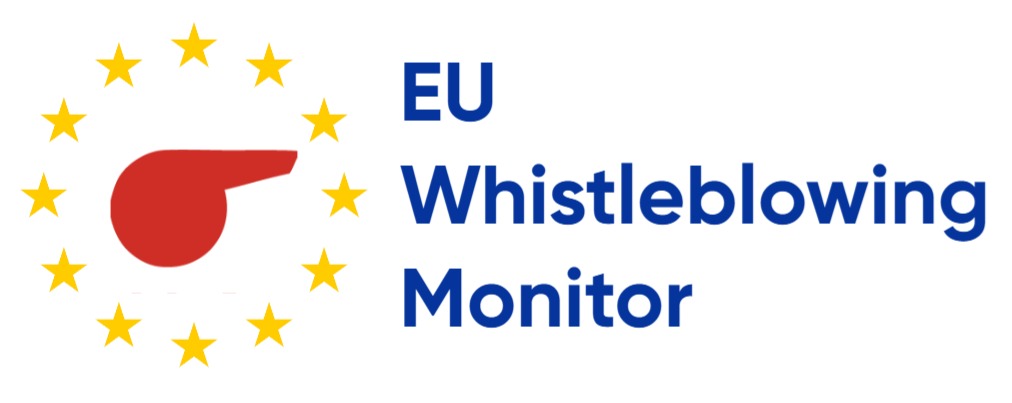Source: Lancer l’alerte – quel impact sur la santé mentale ? – Maison des Lanceurs d’Alerte
An investigation into the death of a whistleblower has highlighted the personal toll of whistleblowing, resulting in calls for more for mental health supper when speaking up in France.
The journalistic investigation by MediaPart has brought to light the tragic death of Nathalie Goutorbe who blew the whistle at her work. The case has drawn attention to the severe mental health challenges faced by whistleblowers, highlighting the pressing need for adequate psychological support.
Key Highlights:
- Nathalie Goutorbe, a whistleblower at the Roanne city hall, took her life on 19 June 2024, citing workplace harassment and retaliation.
- The investigation revealed the deep emotional toll on Goutorbe, who had reported conflicts of interest at the municipality.
- The MLA reports a growing demand for psychological support for whistleblowers, with 17 individuals seeking help in 2024 alone.
- Studies show whistleblowers suffer from a higher prevalence of mental health issues than other vulnerable groups, including cancer patients and people with disabilities.
- Many whistleblowers face significant mental health issues, including depression, anxiety, and PTSD due to workplace retaliation and isolation.
France reformed its whistleblower protection legislation in 2022 – known as the Waserman Act – to bring its existing law in line with the standards of the EU Directive on Whistleblowing.
Whistleblower support organisation Maison des Lanceurs d’Alerte (MLA) reported on the case stating :
“The cases observed by the MLA frequently show situations of professional stagnation or moral harassment at work. After being laid off or resigned, many whistleblowers face difficulties in finding a job or attracting customers, obstacles that are not without consequences. These professional ordeals often contribute to a deterioration in their mental health, leading to symptoms of depression, anxiety, as well as signs of post-traumatic stress. In 2024, 17 people sought psychological support from their first contact with the association, 2 of whom expressed suicidal thoughts. In addition, 18 reporters reported a deterioration in their mental state during their exchanges with the lawyers, often directly related to the alert. All those who have benefited from the support of the MLA volunteer psychologist have described this help as essential, considering it indispensable… About 85% of the reporters suffer from severe to very severe anxiety, and show signs of depression, interpersonal sensitivity, agoraphobia and sleep disorders.3
Read more about Maison des Lanceurs d’Alerte response to the case here.
